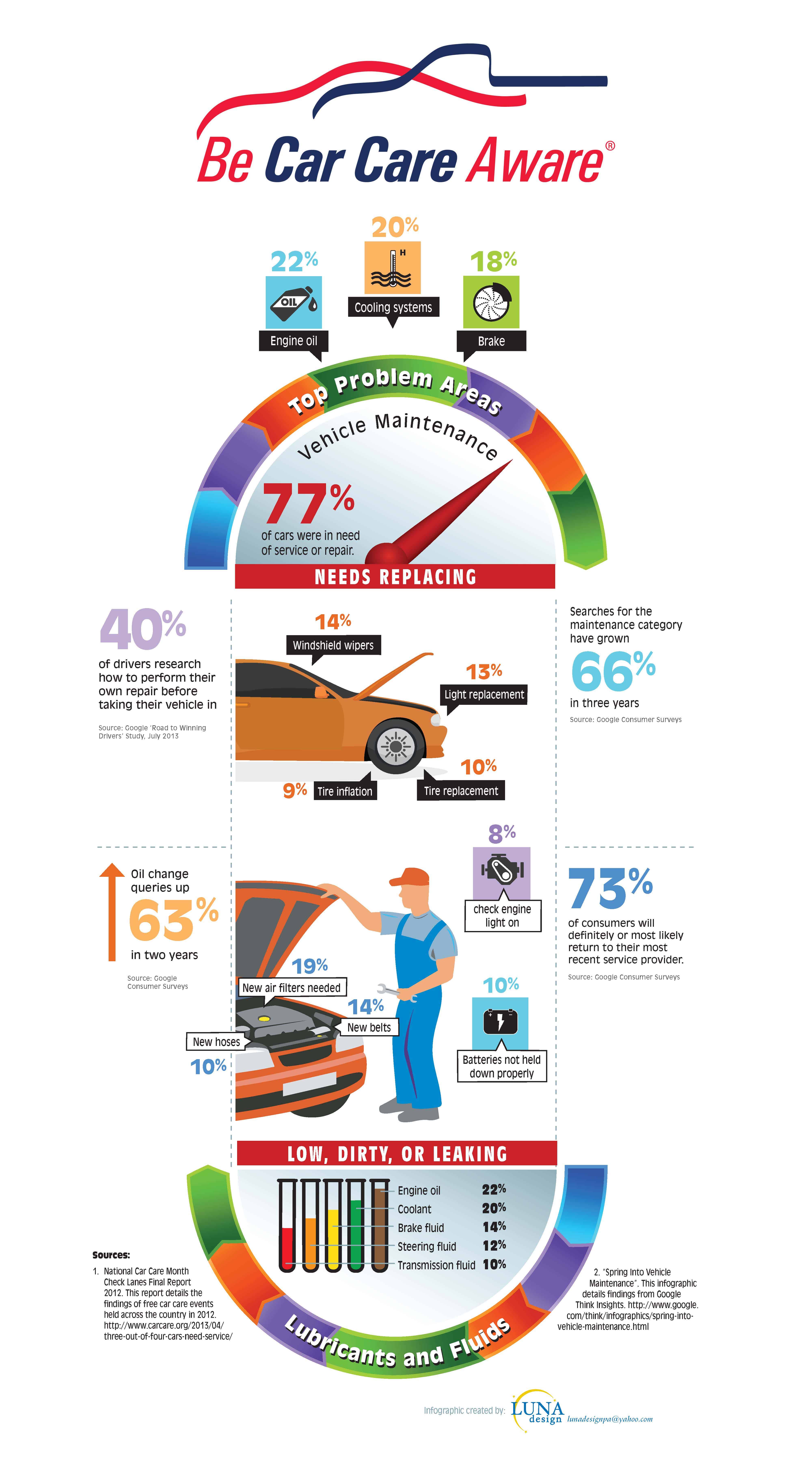Heat Pump Vs Furnace - Which Is The Better Heating Alternative For Your Home?
Heat Pump Vs Furnace - Which Is The Better Heating Alternative For Your Home?
Blog Article
Material Composed By-Ashworth Neumann
Many homeowners are familiar with heating systems, which heat homes with oil or gas and push hot air through ductwork. They are relatively affordable and can supply dependable home heating even throughout a winter months power outage.
Nonetheless, they utilize fossil fuels and create carbon monoxide gas and various other air pollution. They also aren't as energy-efficient as a high-efficiency heatpump.
Cost
Typically, heatpump are much more budget friendly to run than heating systems. They usually make use of electrical power and cooling agent to extract heat from exterior air, and then move it into your home. You can make use of cheaper electrical energy prices during off-peak hours to even more decrease your home heating expenses.
Unlike heatpump, gas or wood-burning heating systems make use of burning to generate heat, producing flue gases into the environment that can be unsafe to your wellness. These heating systems are also less energy-efficient than heat pumps, and their higher operating costs can add up in time.
Furnaces are a lot more difficult than heat pumps and need regular upkeep to guarantee the proper feature of all components. In spite of this, they have a tendency to last longer than heat pumps with a typical life expectancy of twenty years or more. However, you'll require to consider the cost of gas, gas oil or wood and the additional tools needed for installment and operation such as ducts and ventilation systems.
Power Effectiveness
Heatpump have a higher energy performance rating than heaters. These systems make use of power to scavenge warm from the air, also in freezing temperature levels. They can additionally remove excess heat from the home throughout warmer months and reuse it to cool down the system. Provider professionals can aid you establish the most effective model for your home on environment and resource energy prices.
Heating systems burn gas oil, gas, natural gas or other types of nonrenewable fuel source to heat up the air in the home. This air is then spread via ductwork using a large fan. Furnaces generate greenhouse gases and call for normal upkeep and equipment upgrades to ensure secure operation.
just click the following internet page of a furnace is that it can be run even in harsh winter months problems since it does not depend on outdoor temperature levels to warm the air. https://www.nbcnews.com/business/consumer/how-keep-cool-without-going-broke-n386056 have a longer life expectancy than heat pumps and usually last 15 years. They can likewise be coupled with dual fuel alternatives, which choose one of the most efficient heating choice based on the weather condition.
Environment
Heatpump function well in moderate environments and make use of less resource power than heaters. However, if your region is incredibly cold, you may require to invest in a basic gas heater rather.
Heaters supply cozy, comfortable warmth and commonly provide fast heating to elevate indoor temperature levels. These systems can be made use of with a variety of gas types, including natural gas, gas, oil or electrical energy.
They take in more energy than heat pumps-- approximately 3x as much-- and call for ductwork that's pricey to mount or retrofit. They're additionally more pricey to keep, as they can trigger air top quality issues and produce greenhouse gas emissions.
If you're dedicated to decreasing your carbon footprint, a heat pump is a great option for your home. They have less greenhouse gas discharges than heating systems, particularly if you select an ENERGY CELEBRITY ® heatpump. Your regional Service provider specialist can clarify the differences between these 2 heating systems and help you make the very best choice for your unique demands.
Personal Preferences
Heating systems can be extremely energy reliable when powered by gas, gas or oil, yet they aren't as energy reliable as heatpump in icy climates. They can also be a lot more pricey to install, requiring gas lines and ventilation systems.
Nevertheless, heating systems tend to call for much less maintenance, which can result in lower recurring expenses. They produce less greenhouse gases and are much more trusted than heat pumps during extreme weather.
Electric heat pumps are a lot more functional in producing indoor convenience since they can also work as air conditioners throughout warmer months. They can be more convenient to preserve, needing only routine air filter modifications and occasional vacuuming.
If you like the convenience of a single system that does it all, take into consideration a hybrid heating solution that pairs a heater with an electric heat pump. These systems can instantly switch over in between the two home heating options based upon your home's needs and temperature level problems, optimizing effectiveness and financial savings.